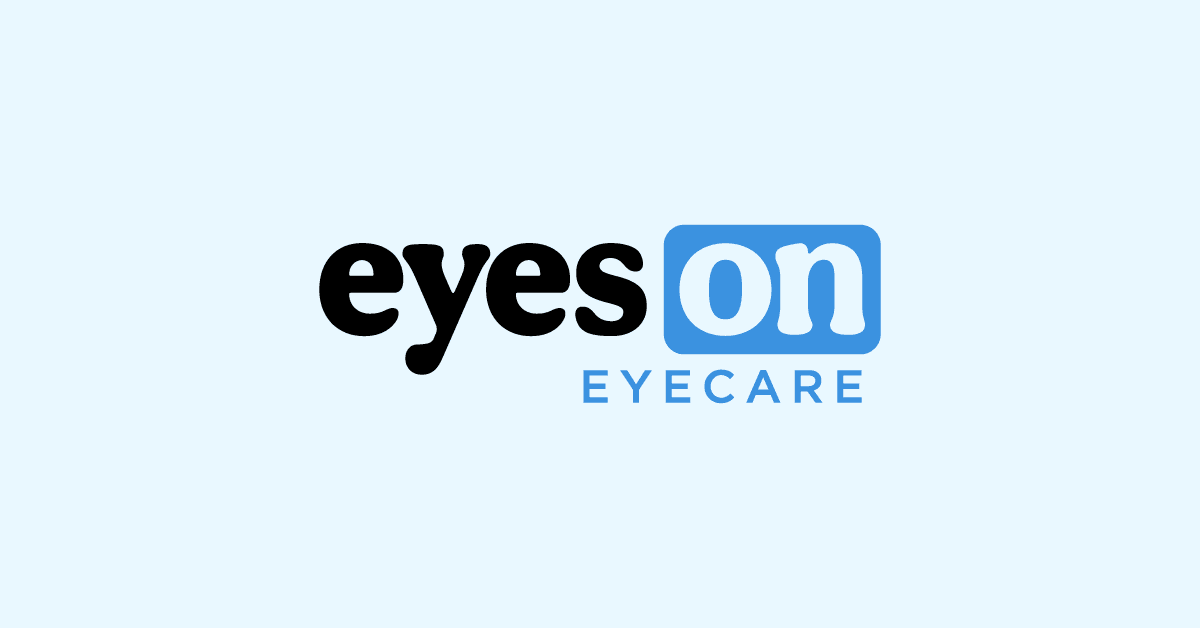Here is a snippet of the Student to New Optometrist Guide
Interviewing is by far the hardest thing to teach, but it’s extremely important. Hopefully, you are in high school right now and are reading this 10 years before your first job interview because I’ve seen it take people that long to become great interviewee.
Being a great interviewee means having great social skills; that is what I will try to teach you in just a few paragraphs. Social rapport is a tricky concept, but if you have great social rapport, you know how to build a positive, quick, “feel good” connection with anyone you encounter.
The social skills you must have in order to do great when interviewing
- How to keep things friendly
- How to act professionally
- How to pick up on subtleties in body language and voice tone to dictate your own communication
- How to create a personal vibe before you create a professional vibe
- How to show someone you are culturally adept without stating it explicitly
- How to make everyone feel comfortable without being fake – ex) do you speak the same way around a shy person as you do around a very outgoing person? HINT: no you speak differently to each individual to match the energy level.
- How to use the right terminology – ex) if you ask about equity in the practice, do you say, “I will work hard for equity, and I just want a piece of the pie,” or do you say, “The value I will contribute should be proportional to a minority percentage equity stake that is calculated and negotiable.” HINT: The latter. Personally, the former makes me cringe.
Here are the qualities of a great interviewee when interviewing
- Getting to the point immediately
- Isn’t afraid to describe, in-depth, their key point and back it with examples
- Uses voice tone and voice modulation to be expressive rather than words
- Uses body language to be expressive, rather than words
- Tells quick, exciting stories to back up their experience
- Talks about what they are going to bring to the job, beyond just filling the requirements
- Asks great questions that are DEEP that go into philosophy about why things are done, not how things are done
- Talks equally about what they don’t want just as much as what they do want
- Let answers come naturally rather than worrying about rehearsing answers
- Are extremely expressive and not monotone
- End your sentences with power
The reason social skills are so critical in the optometric setting is simply because you deal with patients all day long!
Great practice owners know that patients love a doctor with a great bedside manner, a great balance of medical and friendly talk and know how to ease their patients worries and how to wow them. Likely, the doctor you are interviewing is looking PARTICULARLY at the way you hold yourself socially (especially when interviewing).
An extremely outgoing senior doctor will want to continue that social vibe and feeling to his or her patients. You will likely see the senior doctor’s patients from day one, and they want the patient to have a consistent social experience.
What's in the guide?
THE JOB SEARCH
- Finding optometry jobs
- Aligning your optometry job with life goals
- When to search for optometry jobs
- How to search for optometry jobs
- How to spend your time
- Finding jobs in saturated areas
THE RESUME
- Writing a good resume
- Resume effectiveness
- Resume complexity
- Free resume tools
- Making more than a resume
- Hybrid business plan resumes
THE INTERVIEW
- Skills of top candidates
- Social skills
- Qualities of good candidates
- Spy work and research
- 11 interview questions
- Body language and voice
THE NEGOTIATION
- Closing the deal
- Negotiating a raise
- Negotiating benefits
- Getting what you're worth
- Compensation vs. value
- Scripts and videos
To continue reading and to see the list of 11 Interview Questions you must know for your optometry interview, go here!
